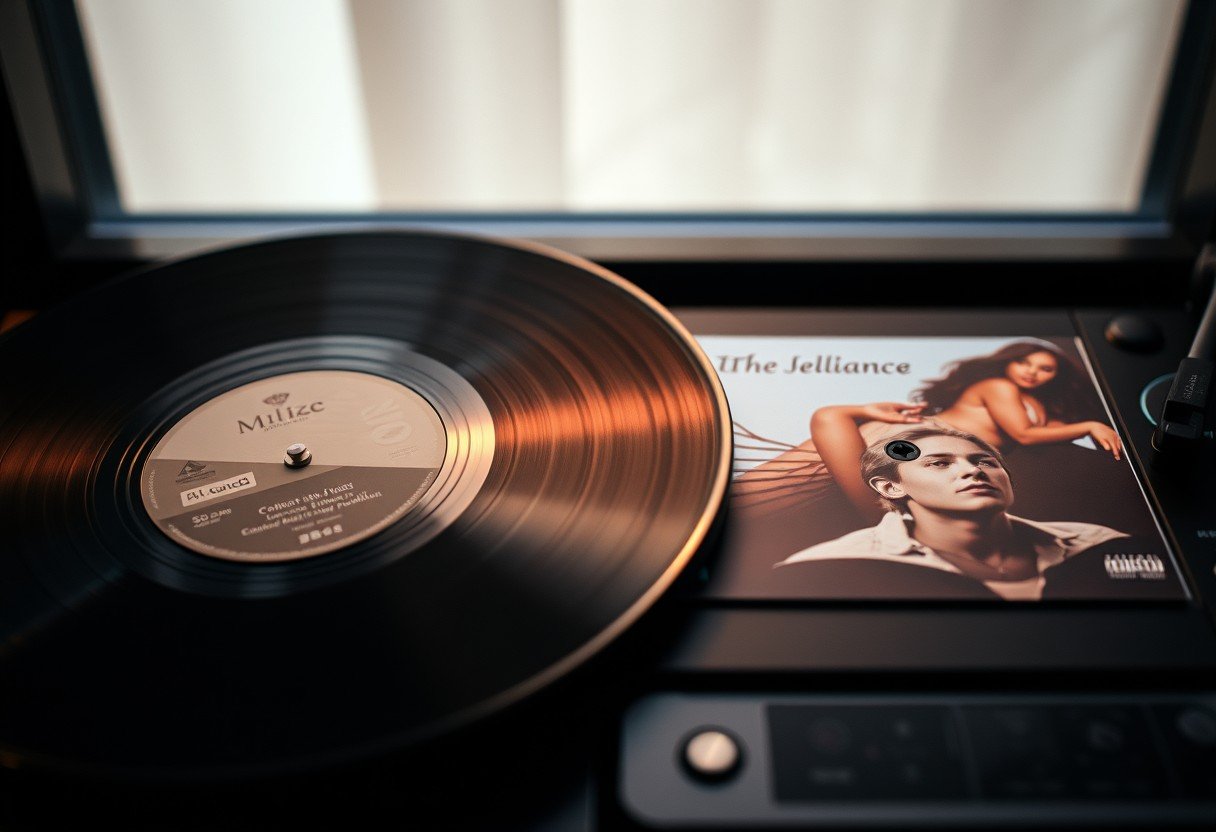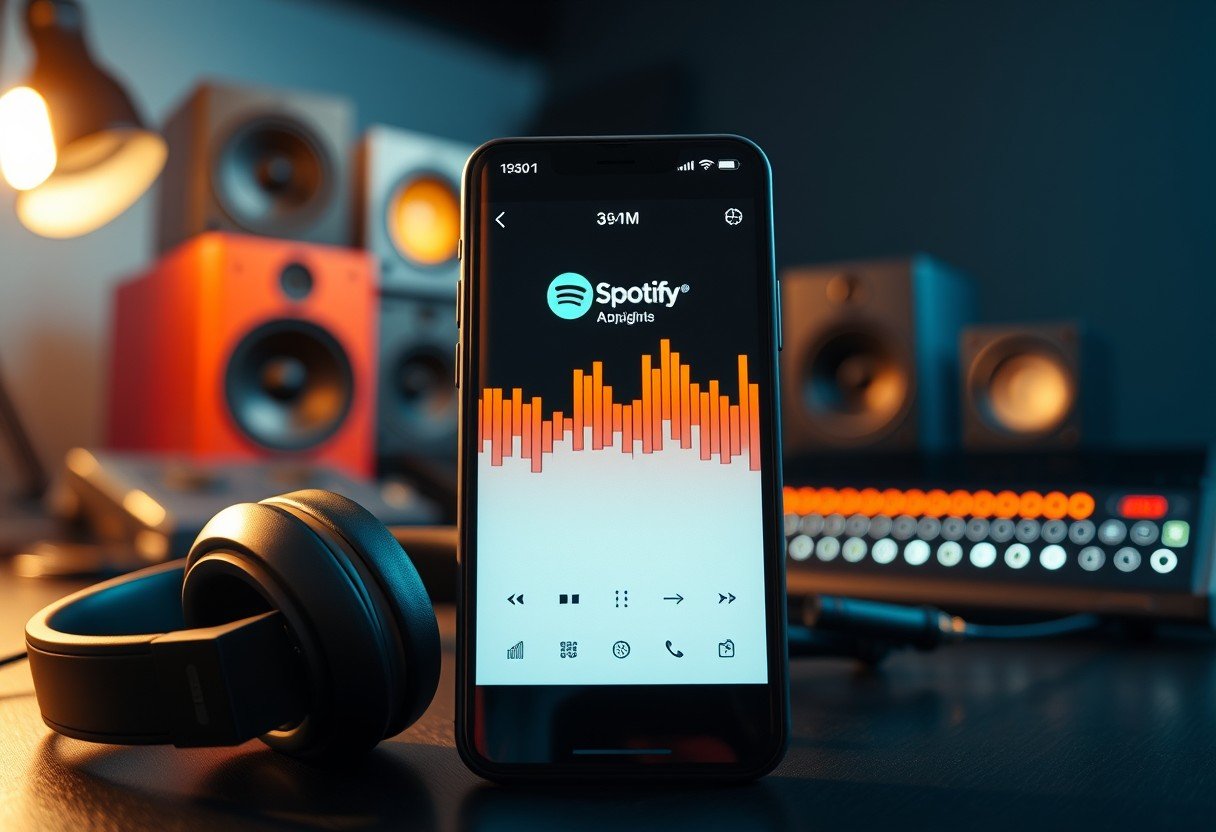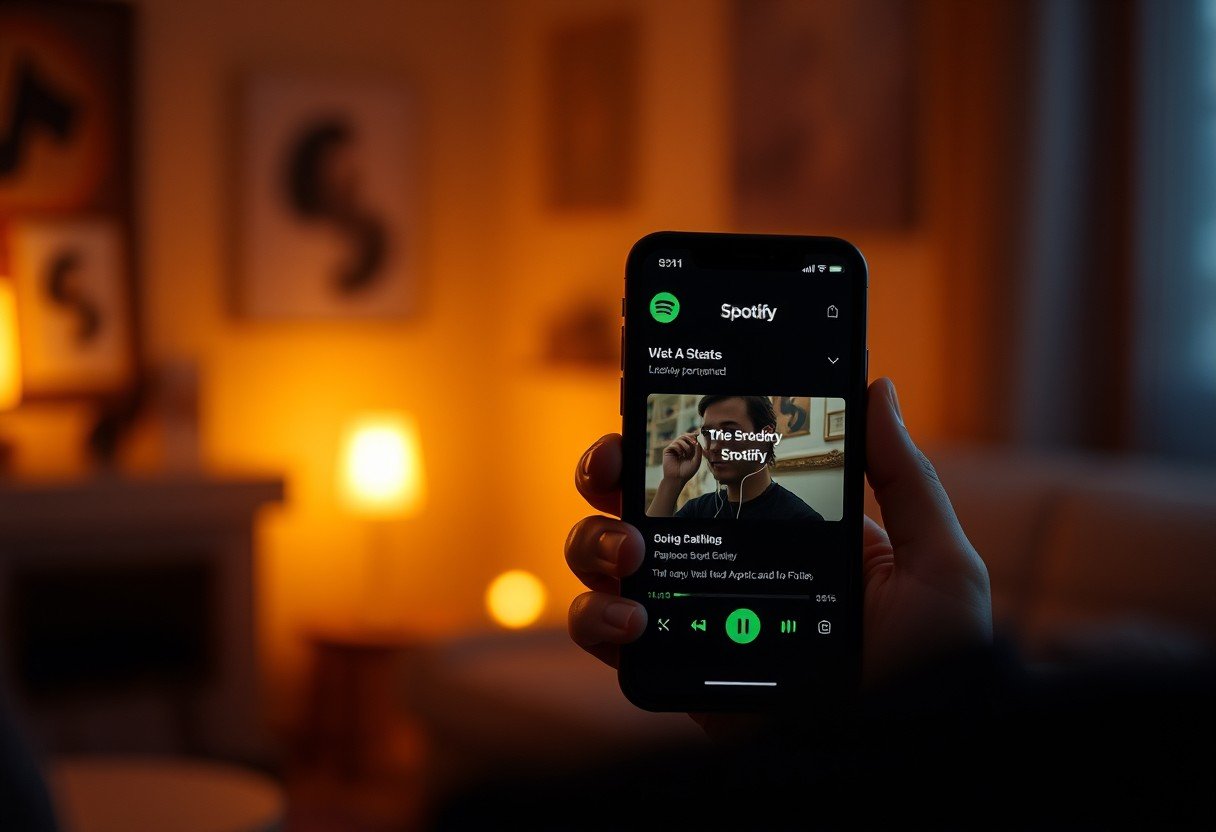Have you ever noticed a “Clean” label next to a song on Apple Music and wondered why it’s there? Apple Music offers these edited tracks to serve a wide range of listeners, including families, schools, and anyone who prefers music without explicit language. This ensures you can enjoy popular hits in any setting, making the platform more inclusive and user-friendly for everyone. It’s all about giving you control over your listening experience.
Why a Family-Friendly Library Matters
One of the biggest reasons for clean versions is to make Apple Music a safe space for younger audiences. Parents want to share their favorite music with their kids without worrying about inappropriate lyrics. Clean versions remove profanity and mature themes, turning music discovery into a positive family activity.
This focus on family-friendly content is a smart move for any major streaming service. By providing these sanitized tracks, Apple Music builds trust with parents and guardians. It allows them to confidently create playlists for car rides, parties, or just listening at home, knowing the content is suitable for all ages.
This approach not only protects younger listeners but also helps cultivate a more discerning audience. It shows that great music can be appreciated for its melody, rhythm, and message, even without the explicit elements.
The Role of Artists and Record Labels
It’s not just Apple Music pushing for clean songs. Many artists and their record labels choose to release edited versions to broaden their reach. A clean version can be played on the radio, in retail stores, and at public events where explicit content is not allowed. This increases an artist’s exposure and potential revenue.
Distribution agreements between streaming services and music labels often require that both explicit and clean versions are provided, if available. This is a standard industry practice that benefits everyone involved.
- Artists: They get to connect with a larger fanbase, including younger listeners and families.
- Record Labels: They can license the music for more commercial uses, such as advertisements and movies.
- Apple Music: The platform can satisfy the needs of all its subscribers, from those who want the original track to those who need a censored one.
Ultimately, providing clean tracks is a collaborative effort that helps music travel further and reach more ears.
Clean vs Explicit: Understanding the Key Differences
While both versions share the same core music, the listening experience can be quite different. The main distinction lies in the lyrics and themes, which can sometimes alter the song’s original message or emotional impact. For some listeners, the clean version is a welcome alternative, while others feel it compromises the artist’s vision.
Here is a simple breakdown of what sets them apart:
| Feature | Clean Version | Explicit Version |
| Lyrics | Profanity and mature references are removed or replaced. | Contains the artist’s original, unfiltered lyrics. |
| Themes | Potentially sensitive topics like violence or drug use are toned down. | Presents the song’s original themes without censorship. |
| Best For | Public spaces, family listening, radio broadcast, younger audiences. | Personal listening for those who prefer the artist’s authentic work. |
The choice between clean and explicit ultimately comes down to personal preference and listening context. Apple Music provides the option so you can decide what works best for you and your surroundings.
How Technology and Human Review Create Clean Tracks
Creating a clean version isn’t as simple as just hitting a “censor” button. It involves a combination of advanced technology and careful human oversight. Initially, automated tools powered by AI can scan songs to identify potentially explicit words and phrases.
These algorithms are incredibly fast and can analyze thousands of tracks in a short amount of time, flagging content for review. However, technology alone isn’t enough to understand context and nuance.
That’s where the human element comes in. Skilled editors listen to the flagged tracks to make the final decisions. They determine the best way to edit the song, whether it’s by muting a word, reversing it, or having the artist record alternate lyrics. This human review process ensures the clean version is high quality and respects the artist’s work as much as possible.
How to Manage Content on Apple Music
Apple Music makes it easy for you to control what you hear. If you prefer to listen to clean versions or want to set up an account for a child, you can adjust the content restrictions right from your device.
Here is how you can limit explicit content on an iPhone or iPad:
- Open the Settings app on your device.
- Tap on Screen Time and turn it on if it isn’t already.
- Go to Content & Privacy Restrictions and enable it.
- Tap on Content Restrictions.
- Under the “Allowed Store Content” section, select Music, Podcasts, News & Fitness and choose Clean.
Once you set this, Apple Music will automatically play the clean version of a song whenever one is available. This is a powerful tool for parents or anyone wanting to create a consistently clean listening environment.
The Future of Edited Music
As the music industry continues to evolve, clean versions are becoming less of an afterthought and more of a standard practice. Artists and labels recognize the significant market demand for content that is accessible to everyone. We can expect to see even more sophisticated editing that preserves a song’s integrity while making it suitable for all audiences.
The trend is moving towards greater inclusivity. You will likely see a wider selection of clean tracks across all genres, from hip-hop to pop. This shift ensures that music can continue to be a shared, universal experience, regardless of a listener’s age or sensitivity.
Frequently Asked Questions about Apple Music
Why does Apple Music have clean versions of songs?
Apple Music offers clean versions to cater to a diverse audience, including families, schools, and public venues. It allows users to enjoy music without explicit lyrics or mature themes, promoting a more inclusive and family-friendly platform.
Are clean versions made by Apple?
No, clean versions are typically created and provided by the artists and their record labels. Apple Music then distributes both the clean and explicit versions on its platform as part of its licensing agreements with the labels.
Can I set Apple Music to only play clean songs?
Yes, you can set content restrictions on your device to prefer clean content. By adjusting the settings in Screen Time on an iPhone or iPad, you can ensure that Apple Music will play the clean version of a song whenever it’s available.
Do all songs on Apple Music have a clean version?
Not all songs have a corresponding clean version. The availability depends on whether the artist or record label has created and distributed an edited track. Most popular mainstream songs have them, but many others may only be available in their original, explicit form.
Does a clean version change the meaning of a song?
Sometimes, yes. Removing or changing key lyrics can alter the context or emotional weight of a song. While producers try to maintain the original intent, some listeners feel that clean versions can dilute the artist’s authentic message.









Leave a Comment